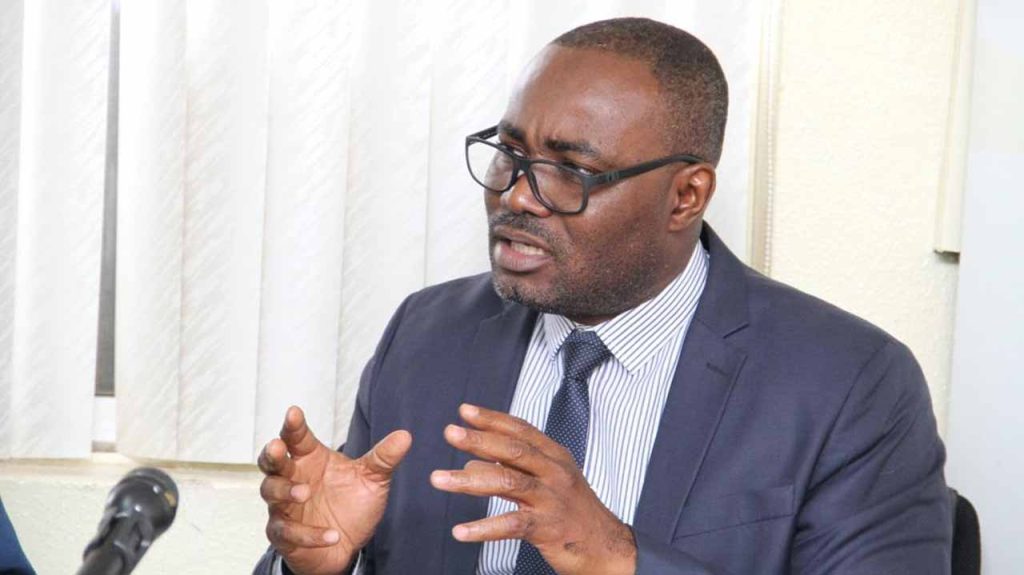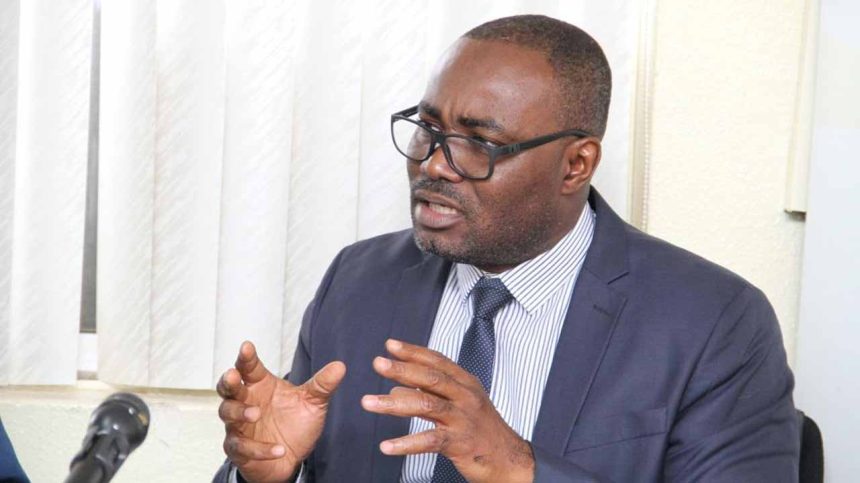
Mr. Richard-Mark Mbaram, the Director-General and Chief Executive Officer of Feed Nigeria Summit (FNS), as well as the Focal Person for Nigeria Agriculture Growth Scheme (NAGS), has emphasized the significant untapped potential within cassava cultivation, highlighting Nigeria’s status as a leading cassava producer and its pivotal role in the country’s agricultural sector.
During a press briefing for the Feed Nigeria Summit DealRoom Clinic, Mr. Mbaram noted that cassava, being a primary staple food for nearly every household in Nigeria, has the capacity to drive economic growth. However, he pointed out that the sector currently faces considerable challenges both before and after harvest, resulting in substantial losses of 40-50% of available volumes. These losses represent missed opportunities for substantial livelihood and economic value addition.
To combat this issue, Mr. Mbaram stressed the importance of fully industrializing the cassava sub-sector, emphasizing the need to focus not only on primary production but also on processing and industrial utilization. By concentrating on the secondary and tertiary aspects of the value chain, cassava can be transformed into various products such as starch, glucose, and flour, thereby reducing waste and increasing economic gains.
Furthermore, Mr. Mbaram highlighted the surprising link between cassava and the oil sector, noting its potential to produce biofuels that could contribute to improving energy transition realities and even earning carbon credits for Nigeria.
Another key point raised by Mr. Mbaram is the opportunity to enhance the standard of living in rural communities through the expansion of the cassava value chain. By extending the value chain, resources can be provided to rural dwellers, thereby improving their livelihoods. Some states in Nigeria, including Cross River, Akwa Ibom, Benue, Oyo, and Ogun, have already begun moving in this direction.
In conclusion, Mr. Mbaram emphasized that fully harnessing the potential of cassava, often referred to as “Nigeria’s white gold,” requires collaborative efforts. He highlighted that the development of a cassava-related industrial backbone represents a tangible pathway to prosperity for the nation.





